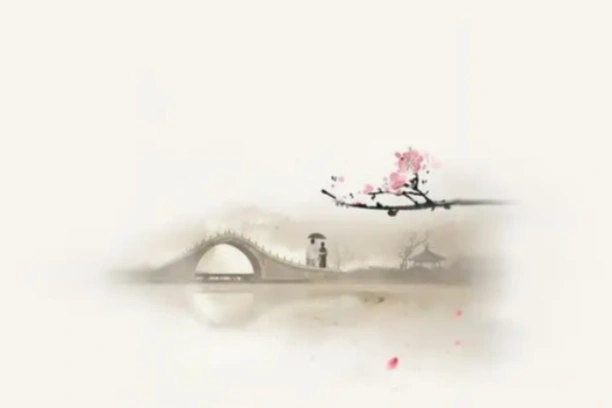
The door of Ch’an is entered by Wu. When we meditate on Wu we ask “What is Wu?” On entering Wu, we experience emptiness; we are not aware of existence, either ours or the world’s.
E-MAIL: admin@relaxmid.com

In the Sung Dynasty, Ch’ang-lu Tsung-tse 長蘆宗賾 wrote the Tso-ch’an i 坐禪儀, The Manual of tso-ch’an. In it, he said that a person who has just experienced Buddha-nature should continue to practice tso-ch’an. Then it is possible to become like the dragon who gains the water, and the tiger who enters the mountains. The dragon gaining the water returns to his ancestral home, and is free to dive as deep as he wishes. The tiger entering the mountain has no oppsition; he may ascend the heights and roam wherever he wills. So Ch’ang-lu is saying that practicing tso-ch’an after enlightenment enhances and deepens one’s realization.
Yueh-shan Wei-yen 藥山惟嚴(745-828), an enlightened monk, was doing tso-ch’an. His master, Shih-t’ou asked him, “What are you doing tso-ch’an for?” Yueh-shan answered, “Not for anything.” “That means you are sitting idly”, Shih-t’ou continued. Yueh-shan said, “If this is idle sitting, then that would be for something.” The master then said, “What is it that is not for anything?” The monk anwered, “A thousand sages won’t know.”
On the one hand, we say that persons who have had realization should do tso-ch’an to enhance their enlightenment; on the other hand, we say the enlightened person sits without purpose. What is the explanation? For the practitioner whose enlightenment is not deep, practice is necessary to deepen it; for one who is deeply enlightened, practice is just part of daily life.
One day, when Ch’ao-chou was already thoroughly enlightened and actively helping others, his tso-ch’an was interrupted by a visit from a prince. He did not rise from his seat, explaining himself with a verse:
Ever since youth I have foregone meat. This body is now old. When visitors come, I have no strength to rise from the Buddha-seat.
Later, when a messenger of the prince came, Chao-chou did rise from his seat to greet the man. Chao-chou’s puzzled attendant asked him why he got up for the man of lesser rank. Chao-chou said, “When people of the first rank call, I receive them at my cushion. When the second rank call, I come down from my cushion. But when people of the third rank come, I go to the temple gate to greet them.” These anecdotes convey the idea that the enlightened ancient masters still regarded tso-ch’an as very important.
However, if we wish to practice the Samadhi of One Act, as advocated by Hui-neng, we will remember that in the true tso-ch’an the mind does not abide in anything, hence is not limited to finding expression in sitting. For one who can continuously practice the Samadhi of One Act, the ultimate tso-ch’an is no tso-ch’an.
PREVIOUS: Kung-an Ch’an 公案禪 | TSO-CH’AN
NEXT: 坐禪 | TSO-CH’AN
